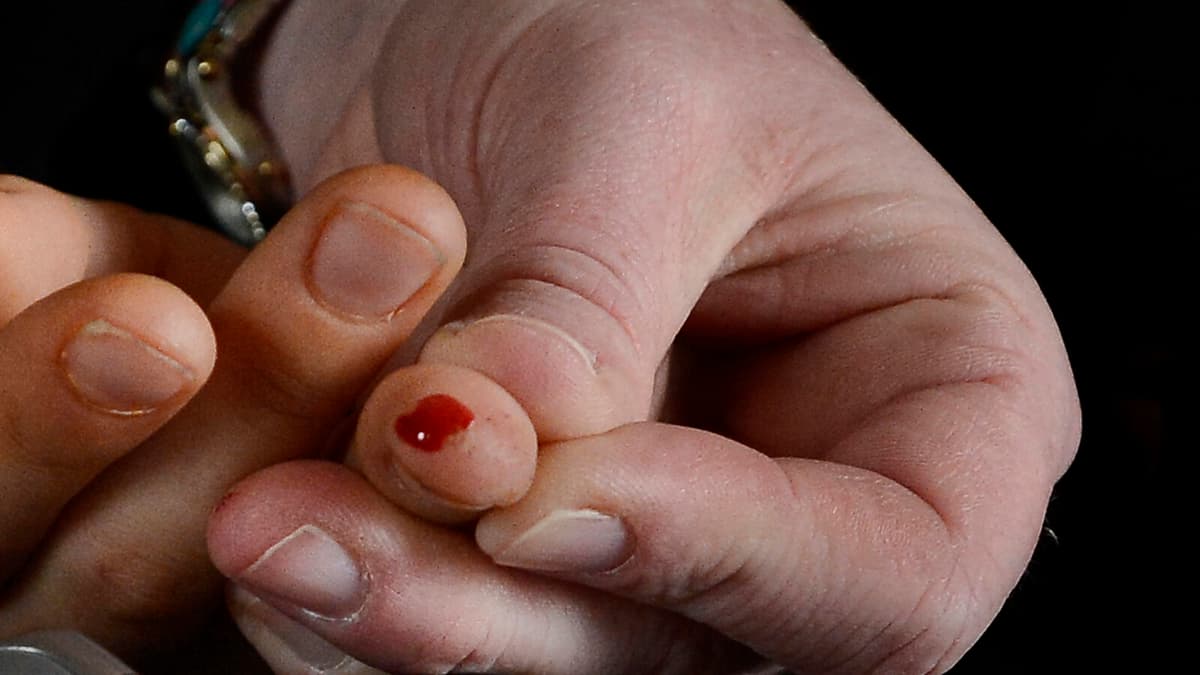The proteins beta-amyloid and tau are two important markers linked to Alzheimer's disease. In an investigation of the disease, one can test if these are present in the body, which is currently done with the help of spinal fluid tests.
However, research has shown that it is possible to look for the markers in ordinary blood samples taken from the arm – venous samples. Now, researchers at, among others, Sahlgrenska Academy in Gothenburg have conducted a study that has examined whether the small amount of blood from a finger prick is sufficient. And the results are promising.
"The simple capillary blood test works almost as well as venous samples, but unlike ordinary blood tests, the new test does not require transportation on dry ice. This can significantly increase the accessibility of Alzheimer's tests in countries and regions lacking the infrastructure required for the highly sensitive analyses," says Hanna Huber, one of the researchers behind the study, in a press release.
The new test involves collecting one or two drops of blood from the finger on a special card that can be sent by regular mail to the laboratory performing the analysis. The sampling therefore does not need to be performed in a healthcare environment.
The researchers emphasize that the new test should not be used for general screening for Alzheimer's in the population. It is not yet ethically justified to screen for it according to the World Health Organization (WHO), since treatment options have been lacking.
The results have been presented at the scientific congress Clinical Trials on Alzheimer's Disease.






